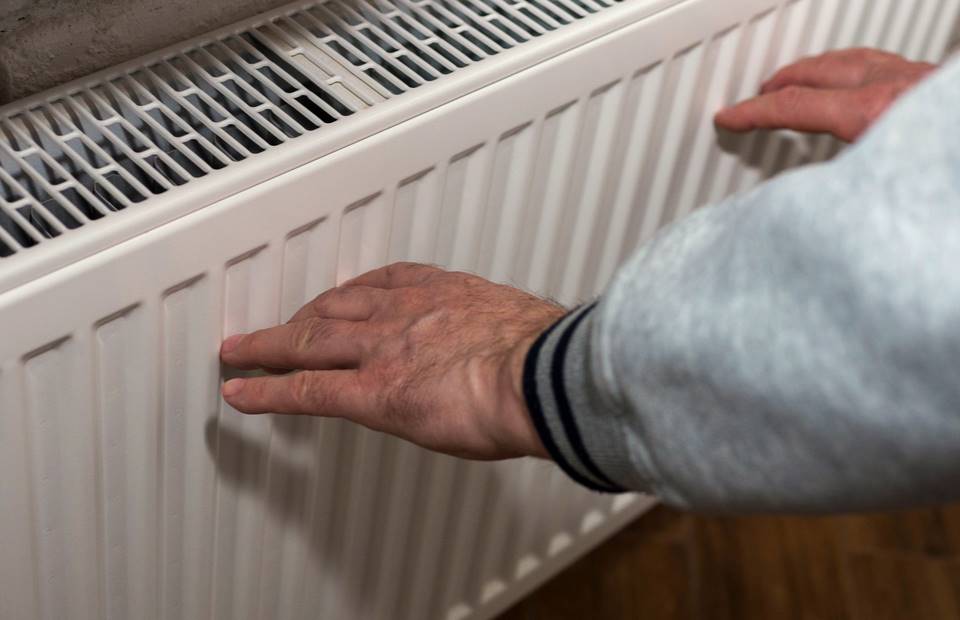Energy prices do not affect everyone equally. Each family has a certain energy mix, selected tariff and also consumption, or the will to save. It is so true that high prices can endure in different ways. Much depends, above all, on how they heat their house or apartment.
A considerable number of families
Unfortunately, it turns out that there could be quite a significant number of those who find their energy bills skyrocketing, despite the limited prices. As it turned out, the price caps are set quite high and apply per unit, which is usually one megawatt-hour of energy. If someone has a high consumption of these units, they can lose their earnings.
This is mainly the case with households that heat with direct electric heaters. According to data from the Energy Regulatory Office, there are quite a few. They make up about fifteen percent of all households. If we take the total of all families at 5.3 million, we are talking about about 800 thousand families.
In the past, people installed electric heaters in their homes quite willingly. It was particularly popular in the 1990s. They were said to be environmentally friendly and basically made electricity cheaper until now. While not as cheap as gas, installing electric stoves was easier. It was also possible to use the so-called night current. People in the mountainous and foothills areas voted for them so often.
Bad calculation
But now they are taking revenge. While electricity cost around 60 haler per kilowatt hour, today it costs ten times as much, even with a cap and no taxes. For example, for a household that consumes 20 megawatt hours per year for electric heating, including taxes, this will mean that they will have to pay 200,000 crowns.
At the same time, people can actually have such a consumption, because this heating method is mainly found today in older homes that have significant heat losses.
Photo: Shutterstock

